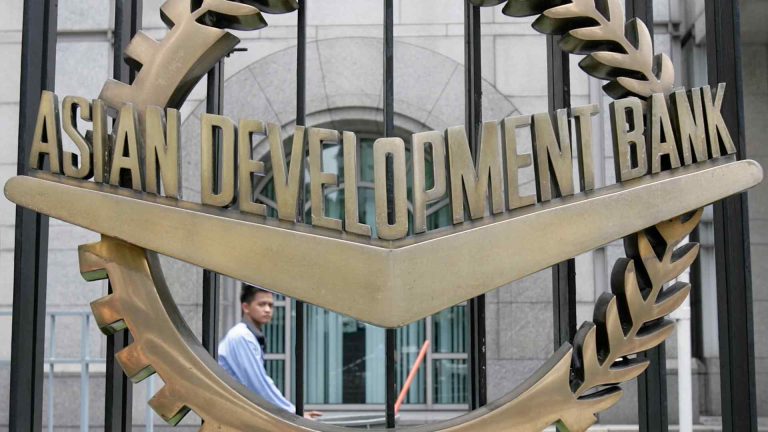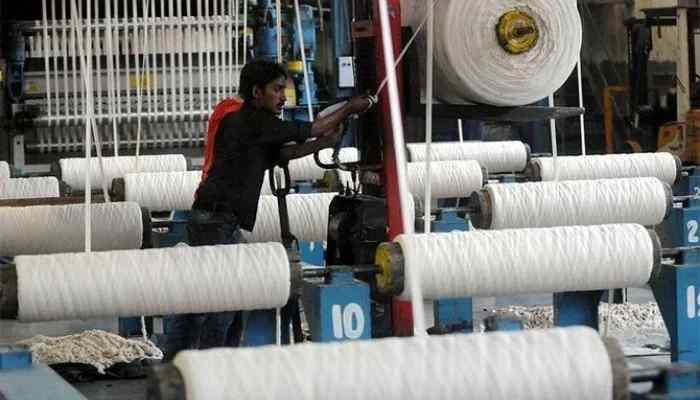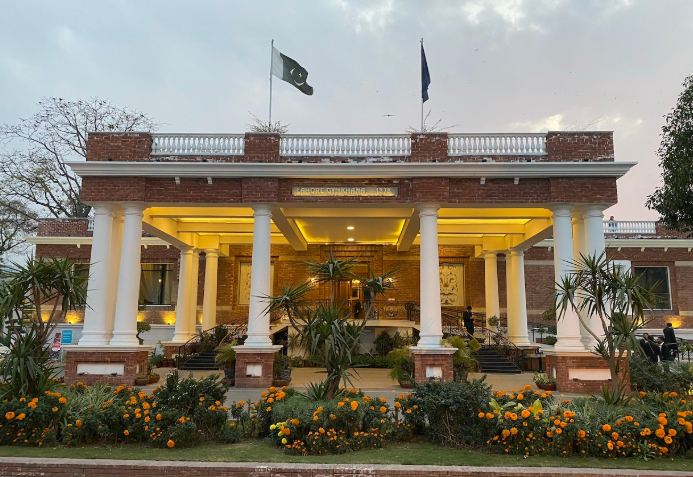Govt pushes auto industry to raise competitiveness
ISLAMABAD – The federal government has assured support for Pakistan’s auto industry but urged manufacturers to sharpen their competitiveness if they want to thrive in the coming years.
Speaking at the Auto Parts Summit 2025 hosted by the Pakistan Association of Automotive Parts and Accessories Manufacturers (Paapam), Haroon Akhtar, Special Assistant to the Prime Minister on Industries and Production, said the sector had a central role in strengthening the country’s industrial backbone.
He pointed to upcoming tariff adjustments, a new industrial policy, and regulatory reforms as measures designed to revive struggling industries, including Pakistan Steel Mills. “We believe the auto industry’s future is bright. The government will stand with you—but you need to be efficient and competitive, and we will facilitate that,” Akhtar remarked.
A key commitment he made was stricter enforcement of quality standards, not only for locally produced parts but also for imported components and vehicles—an issue long raised by domestic manufacturers.
Local manufacturers take issue with used car imports
While welcoming government assurances, industry leaders at the summit voiced frustration over policies they argue undermine the domestic sector.
Paapam Chairman Usman Malik strongly criticized the continued import of second-hand cars, particularly petrol and diesel variants, which he said directly contradicts the government’s stated goal of promoting environmentally friendly electric vehicles.
“These imports risk crippling our local industry,” Malik warned, stressing that parts makers currently supply nearly 70 percent of components for cars assembled in Pakistan and about 90 percent for motorcycles. He argued that unchecked imports not only threaten businesses but also jeopardize thousands of local jobs tied to the supply chain.
Auto parts industry shows export promise
Despite these headwinds, Malik highlighted that the auto parts industry has carved out a foothold in the global market. Pakistan’s exports of locally made auto components have reached nearly $200 million annually, with parts meeting international safety benchmarks.
He cited the example of Millat Tractors, a Pakistani brand now finding customers in the United States, as proof that the sector can compete internationally if given a fair environment at home.
This clash between government reform pledges and policies that allow used car imports reflects a deeper tension: whether Pakistan’s auto industry will continue as a largely assembly-driven market dependent on imports, or evolve into a genuinely competitive manufacturing base capable of scaling exports.







